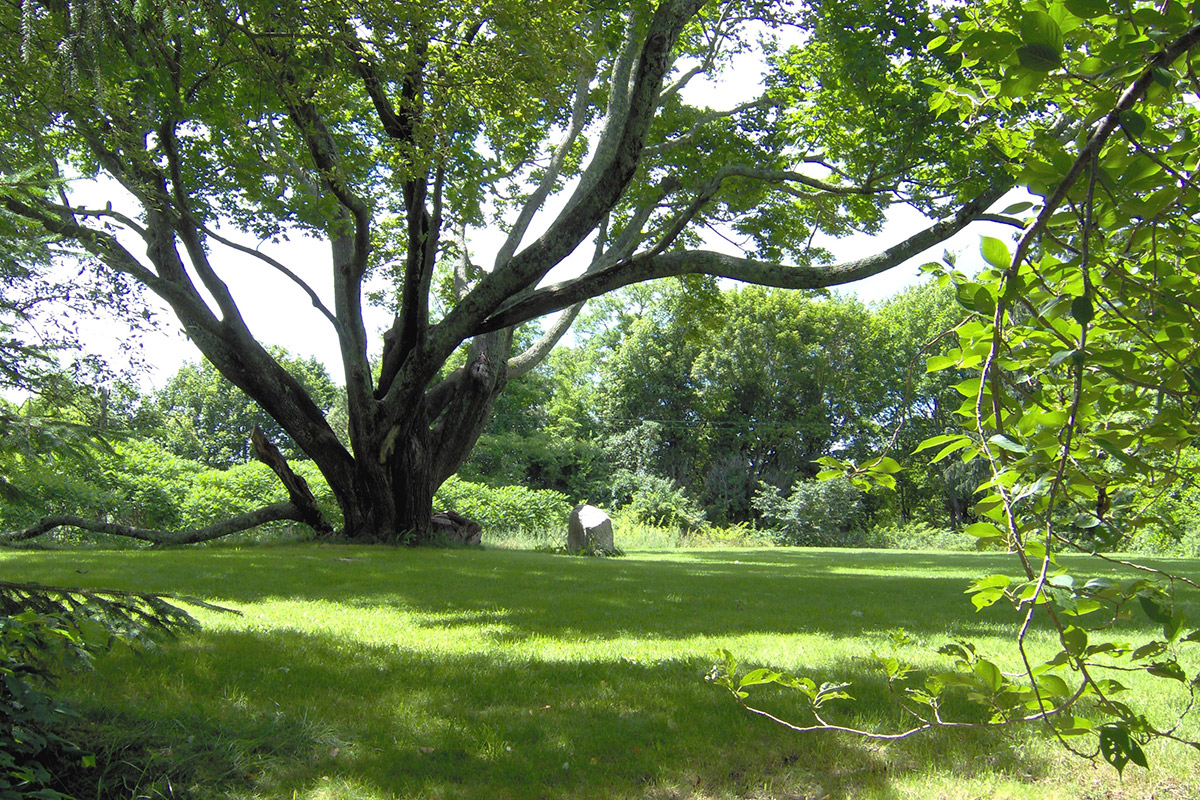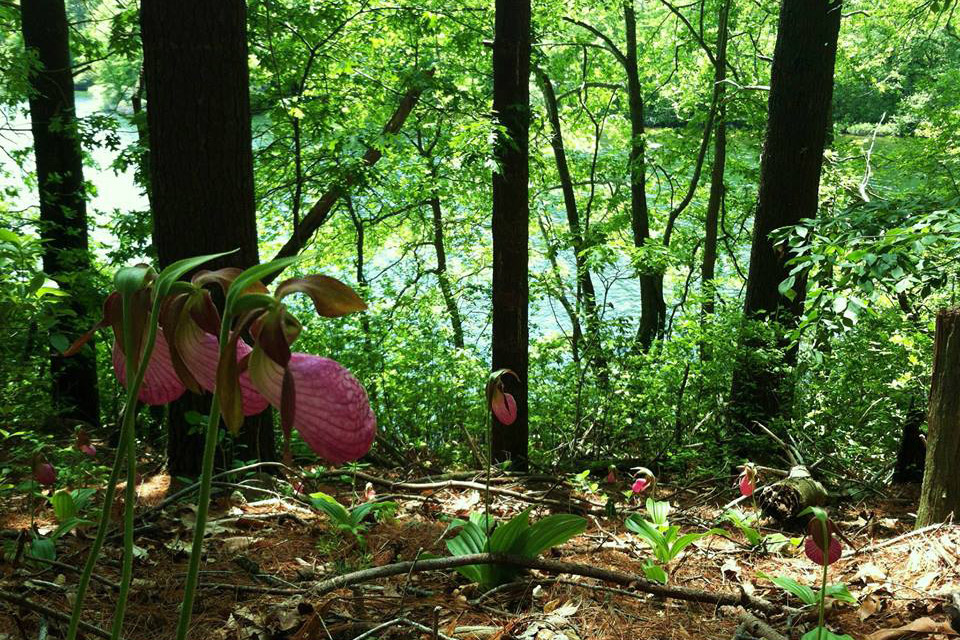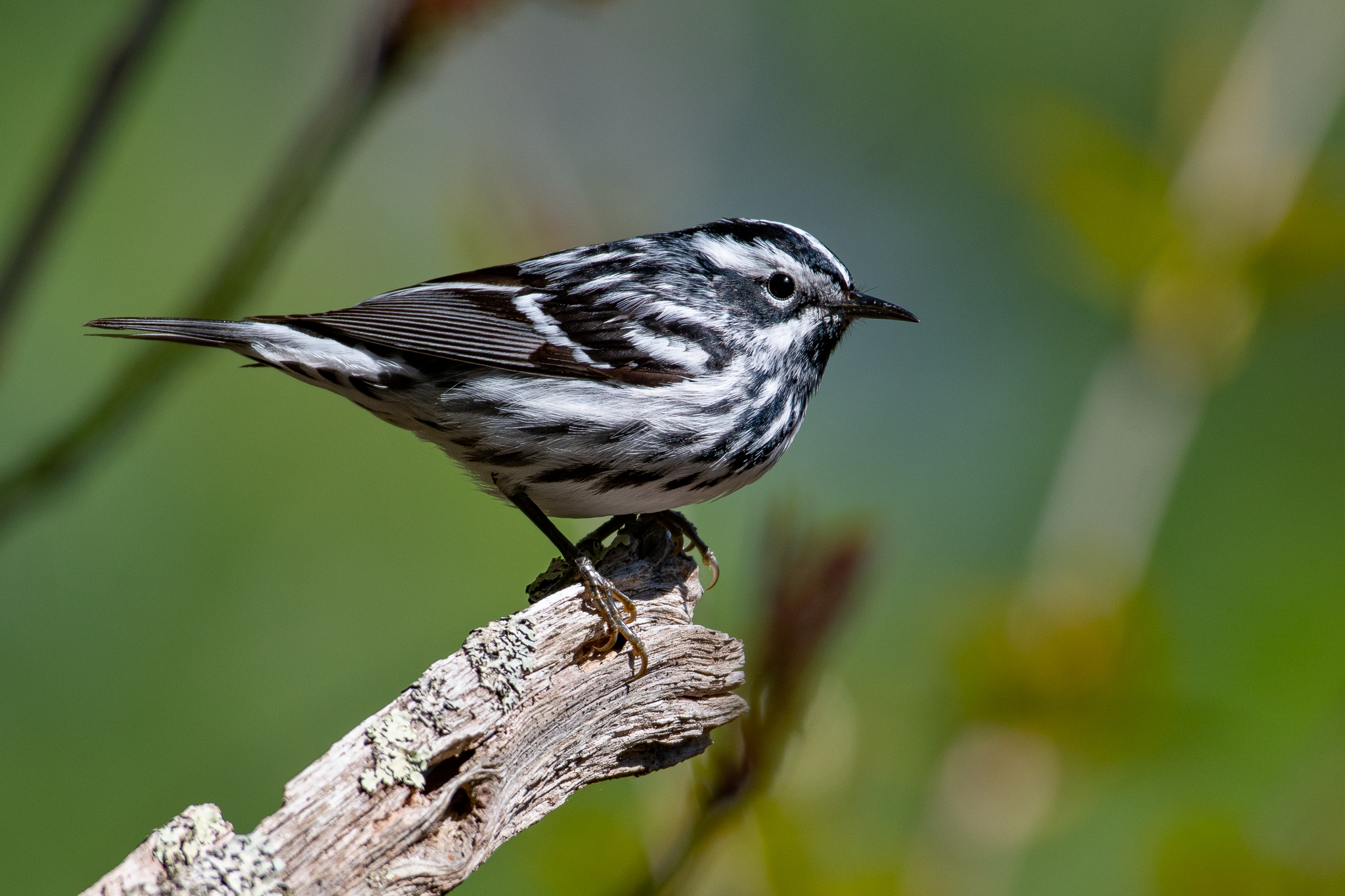"There was nothing like having a land trust all set and ready to go when I had a piece of property I wanted to preserve. It's a winning partnership that benefits the individual landowner and the Falmouth community. And T3C made it all so clear and easy."—Molly C.
People
Walking in nature is good for the mind, body and spirit. Numerous studies show that moving about in natural environments reduces stress and boosts mental acuity, memory and creativity. For children, unstructured outdoor play ameliorates attention deficit disorders, improves test scores and supports emotional development, according to research compiled by the National Wildlife Federation. Many famous scientists, from Albert Einstein to Madame Curie, have said it was their childhood spent exploring the outdoors that fostered their interest in nature, and later science. Outdoor recreation is a vital part of life in Falmouth, and whether you like to walk, run, kayak, swim or fish, conservation land makes it possible.


Beauty and town character
Think how different Falmouth would look and feel without Beebe Woods, Peterson Farm, and the Coonamessett River Reservation. In addition to these well-loved places, there are myriad small, lesser-known parcels throughout town that give us lovely views and wooded stretches along our roads. Together these places mean that in a rapidly developing area, we can still find places of beauty and rest.
Water
Whether our town drinking water supply, our fresh water ponds or our bays, clean water is essential for life in Falmouth. There is no better way to protect clean water than to protect the land nearby. Undeveloped lands act as a natural filters, removing pollutants as water travels through the soils.


Climate
Vegetation in natural areas pulls carbon dioxide out of the air through photosynthesis and turns it into leaves, trunks and roots. Some of this carbon is stored permanently, helping to reduce the effects of global warming.
Habitat
Conservation lands provide essential habitat for wildlife to live, eat, and breed. The 300 Committee is working to restore rare habitats like vernal pools and sandplain grasslands, which certain animals – like meadowlarks, kestrels, butterflies, bees, and spadefoot toads - rely on.

